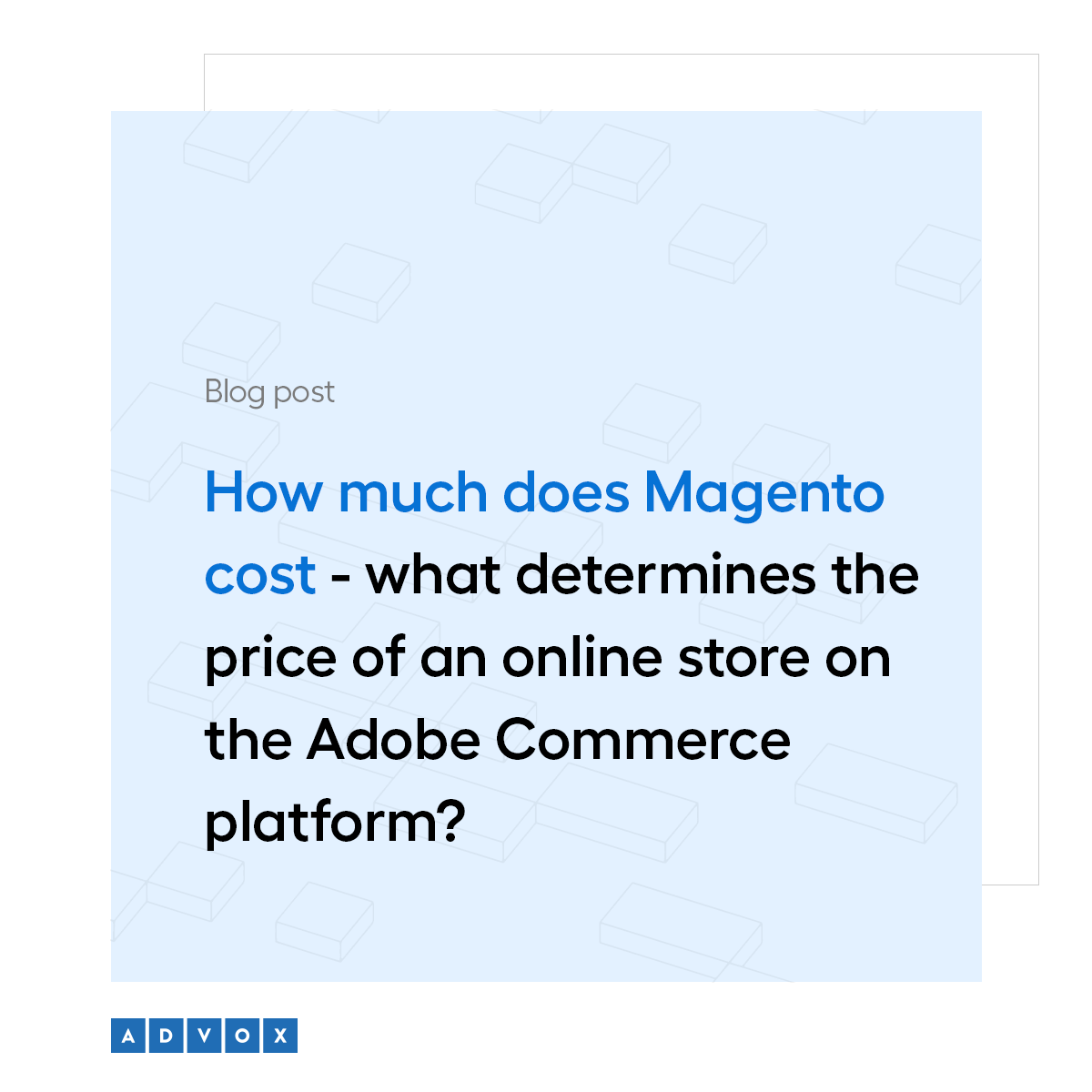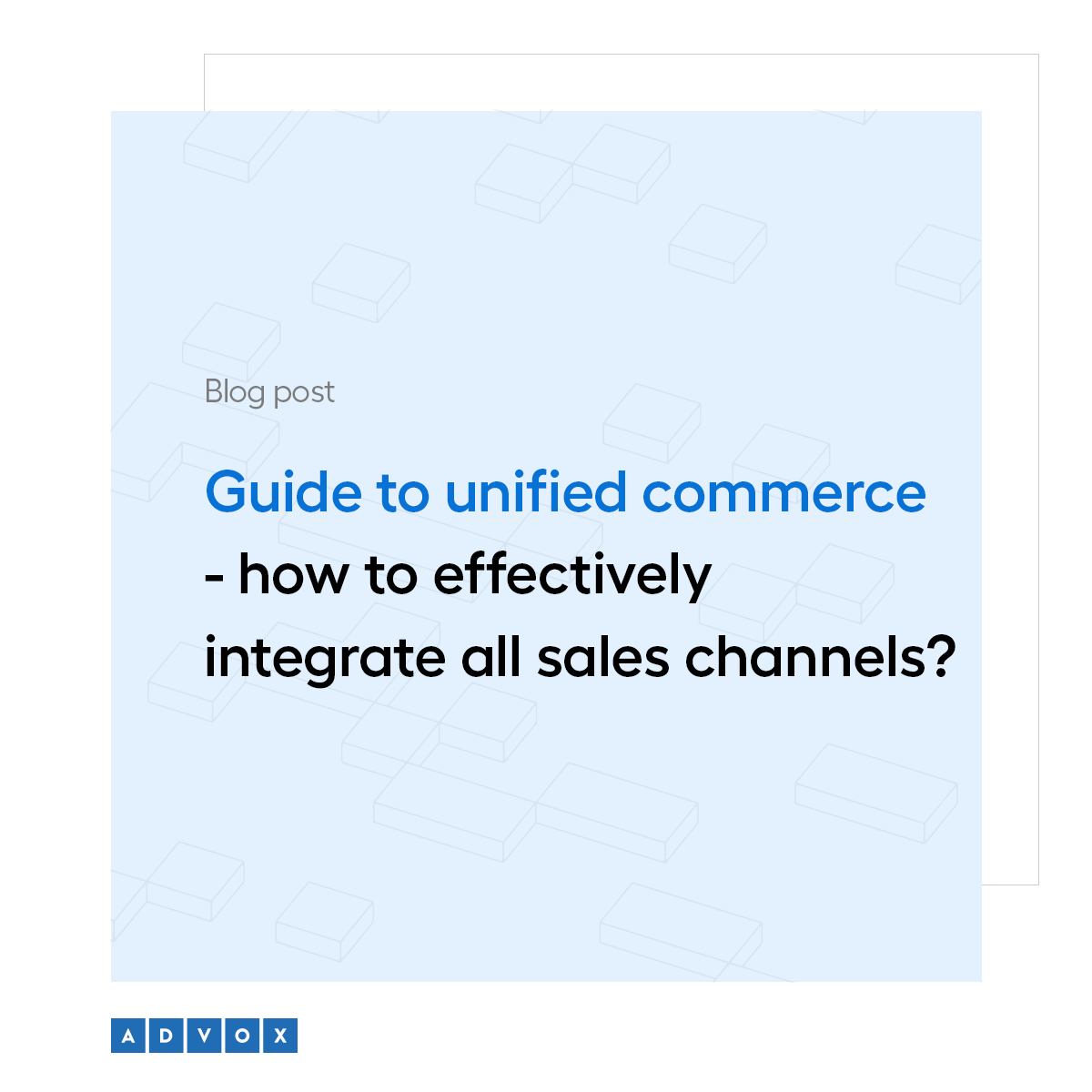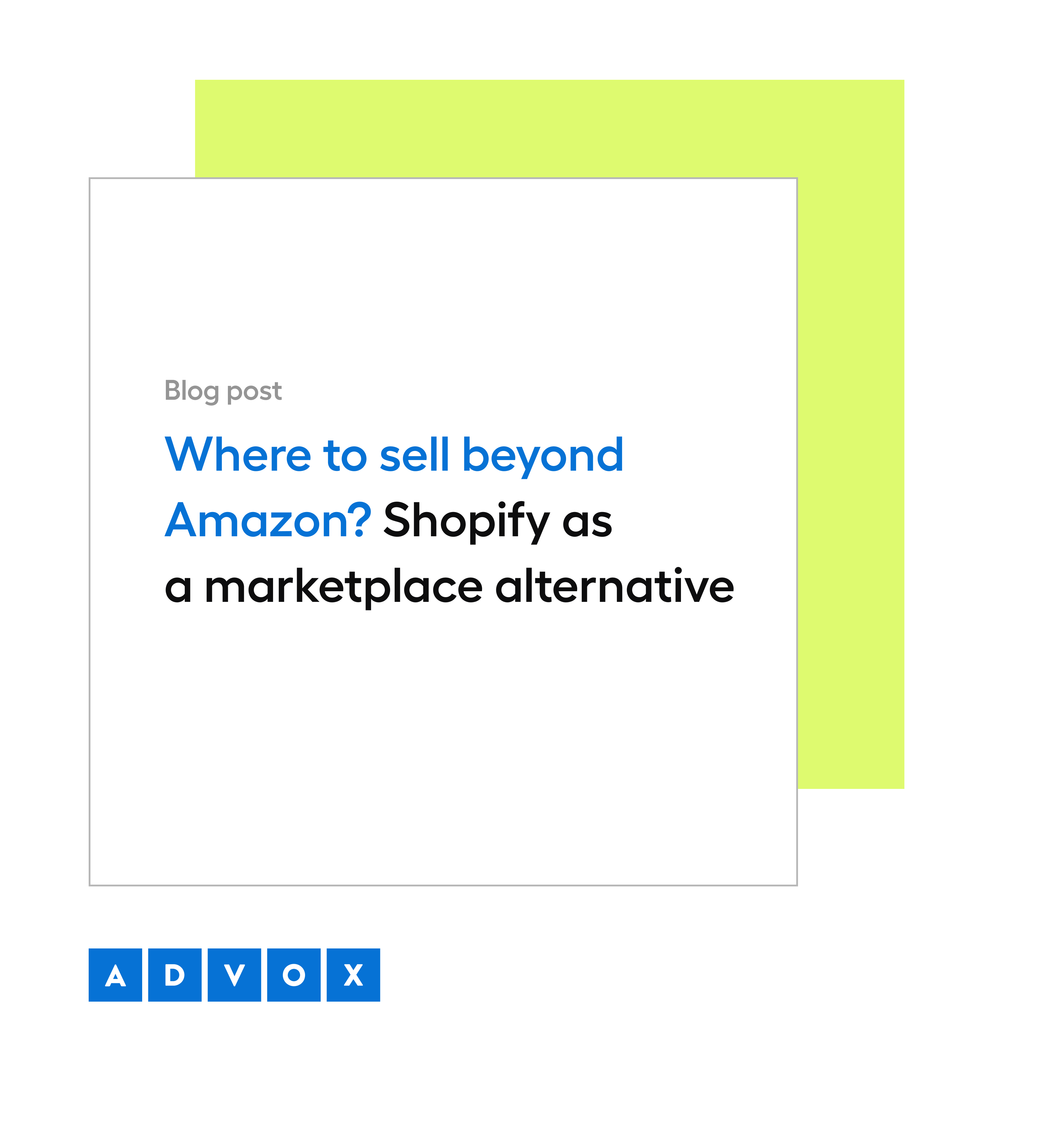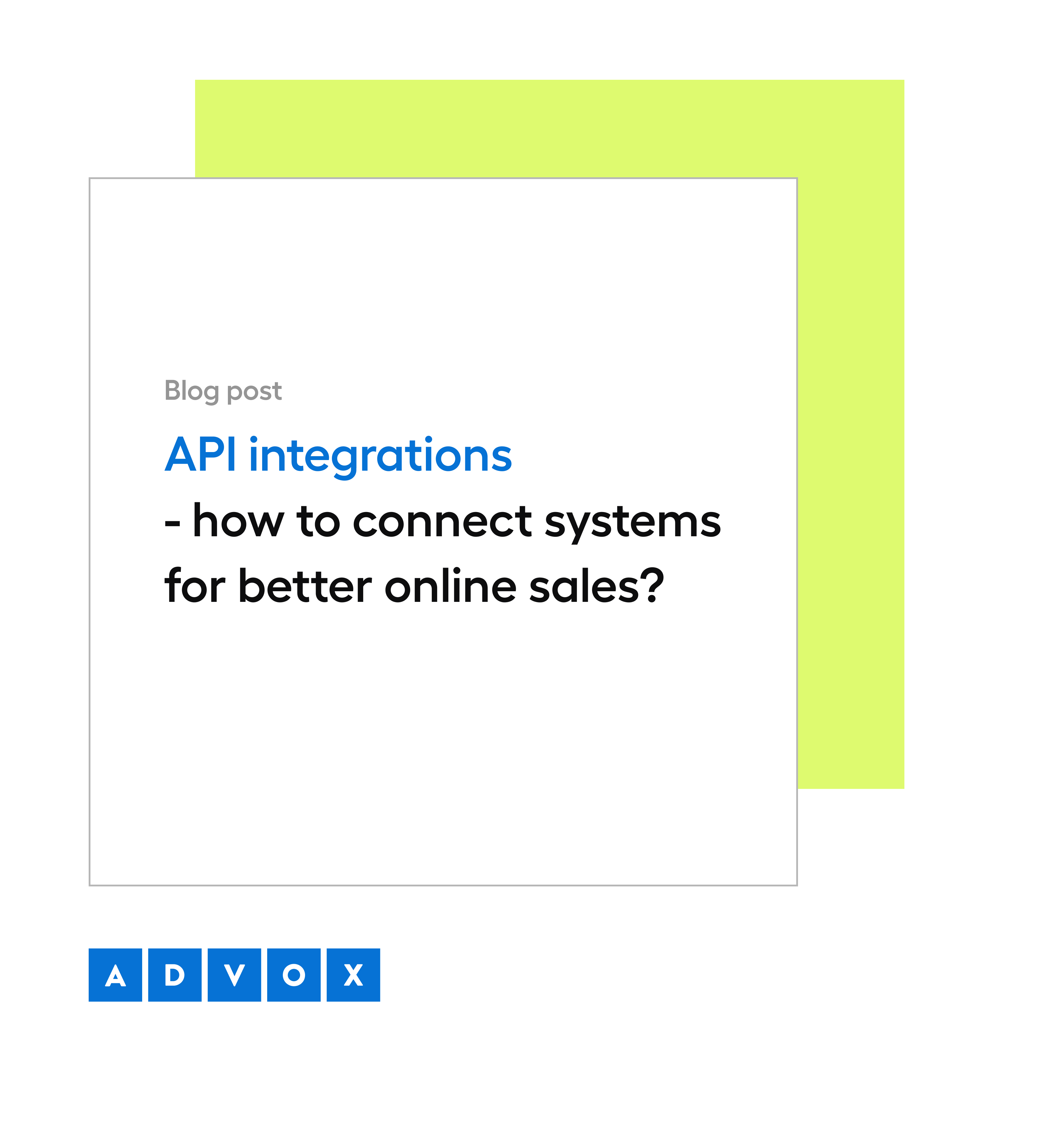Table of contents
- Why is Baselinker so popular among online store owners?
- A punch to entrepreneurs' budgets - Baselinker fee rises
- Is there a good alternative to Baselinker?
- Can Baselinker be replaced by an internal system?
- Custom eCommerce management and automation system - what about working with a software house?
- Custom order management system - is it worth it?
Your online store is growing dynamically, orders are increasing month by month, and profits are rising. In short, your business is on the right track… But then comes a moment when you suddenly receive a message: the prices for the tool that largely supports your sales have just skyrocketed. And not by just a few percent, but by amounts that could significantly impact your budget - even swallowing a large portion of your monthly revenue.
This is exactly what happened to thousands of sellers using Baselinker - a tool that supports managing sales across multiple eCommerce channels and automating processes. Are you among this group and looking for an alternative that can help you manage orders just as effectively? Read this article to find out what solutions can help you maintain operational efficiency without increasing costs!
Why is Baselinker so popular among online store owners?
Online sales increasingly mean not just managing a single online store, but an entire complex sales ecosystem. This includes marketplaces, social media platforms, payment and shipping systems, as well as integrations with marketing tools and external systems (such as PIM, ERP, and CRM). For stores operating in multiple markets, there are also multilingual versions of websites, local payment methods, and managing diverse customer preferences, which further complicates the entire process.
Now imagine a situation where you have to manually log in to each of these systems, update data separately for every platform, and at the same time ensure that prices, stock levels, and offers are consistent across all sales channels. Such a process not only consumes an enormous amount of time but also carries the risk of errors (e.g., when two customers purchase the same product on different platforms, and the inventory isn't synchronised). So how do you handle such an overwhelming workload?
This is where Baselinker comes in, offering process automation that significantly simplifies sales management on multiple levels. Baselinker provides centralized information on all orders, inventory and price synchronization, and support in logistics processes. With a flexible subscription model—including Freemium, Business, and Enterprise packages—entrepreneurs can tailor the range of features to meet the specific needs of their business.
A punch to entrepreneurs' budgets - Baselinker fee rises
Samsung, Decathlon, and Auchan - these industry giants, like around 30,000 other businesses, use Baselinker. The Polish brand, thanks to its rapid growth, quickly earned a reputation as one of the best tools for eCommerce process automation. Unfortunately, along with its growing popularity and expanding offerings, Baselinker has been just as quick to raise its prices. The first major price hike occurred in 2023, which already led many entrepreneurs to consider alternatives. However, the tipping point turned out to be the changes announced for December 2024. What do these changes entail?
From this point, Baselinker will introduce revised pricing and new rules for moving to higher subscription plans. The company still offers a free Freemium package for eCommerce startups (up to 100 orders per month), but for:
- Business package - the new fee structure includes a base rate that depends on the number of orders handled (from 19 to 969 $ per month) plus an additional fee of 0.19 $ for each completed order.
- Enterprise package - this option requires individual pricing, which means significantly higher costs for many companies.
All companies that exceed 250 000 $ in order value (GMV) or process at least 5000 orders in any month of the year will be required to switch to the Enterprise package. Such a sales threshold, especially during peak shopping times like Black Friday or the holiday season, is relatively easy to reach even for medium-sized online stores. Maintaining that level throughout the year, however, could prove more challenging—falling short could make Baselinker's costs overwhelming during weaker months. For this reason, more and more companies are beginning to seek alternatives that will allow them to maintain flexibility and optimise their budgets.
Baselinker's price list from December 2024.
| Freemium (up to 100 orders per month) | Business (from 101 to 5,000 orders per month) | Enterprise (over 5,000 orders or 250 000 $ GMV per month) |
|---|---|---|
Is there a good alternative to Baselinker?
Baselinker, as a SaaS solution, definitely leads the market in terms of the number of available integrations, but that doesn't mean it is the only tool. Competition in this category is growing steadily, and new systems are getting closer to the market leader, offering comparable functionalities. Among the solutions that entrepreneurs are increasingly considering are:
- Apilo,
- IDEAerp,
- IdoSell,
- Sellasist,
- Sello.
Most of these tools do not match Baselinker's functionality 1:1. Currently, the closest in terms of the range of available services is Apilo, which is also a Polish solution. Apilo is gaining traction thanks to its close cooperation with the Shoper platform and its wide range of features, such as order management, inventory synchronization, and logistics support.
However, the situation we saw with Baselinker is starting to repeat itself with Apilo - the tool recently announced a price increase, which may affect its appeal to some users. As with Baselinker, the decision to raise fees may force entrepreneurs to consider yet another alternative, generating additional costs associated with switching to a new solution yet again.
Can Baselinker be replaced by an internal system?
With SaaS solutions, you have to accept that you're dependent on the conditions imposed by the provider. It's hard to guarantee in such a model that the tool that has met your needs so far won't suddenly become more expensive or change its functionalities. Therefore, especially if your online store operates on a large scale and is constantly expanding sales, it may be worth considering switching to a custom system tailored to your business needs.
Commissioning a software house to create a dedicated integration tool could be an ideal solution that provides full control over functionalities and costs. You can start by commissioning a system that fulfils all your basic needs and then gradually expand it with further enhancements. With your own tool, you can replicate all the functions available in SaaS software, such as:
- centralization of information - all orders from different channels, like Allegro or eBay, go to one place, where they can be edited in bulk.
- automatic inventory and price synchronisation - the system automatically updates data in real time, eliminating errors related to inconsistencies in stock or prices across different platforms.
- logistics support - you can easily integrate your platform with delivery companies, enabling features like automatic label generation and notifying customers about shipment status via emails and SMS.
- payment control - the system can automatically register correct payments for orders and generate invoices, which greatly simplifies accounting.
- team management- within the system, it's also possible to delegate tasks and assign different permissions to employee accounts, making work organisation in larger teams easier.
| SaaS Systems (e.g., Baselinker) | Custom System | |
|---|---|---|
| Initial cost | Low - no implementation fees, payment in the form of a subscription. | Higher - requires investment to create a dedicated solution. |
| Long-term costs | Increasing - potential price hikes and transaction fees. | Stable - greater cost predictability in the long term. |
| Implementation time | Fast - tool is ready to use almost immediately after creating an account. | Longer - requires project creation, followed by development, implementation, and testing. |
| Flexibility | Limited to features offered by the provider. | Ability to customise features to individual needs. |
| Scalability | Often requires upgrading to a higher plan. | Ability to decide on expansion as the business grows. |
| Control over the System | Limited - dependent on the provider, their policies and tool changes. | Full control over managing system functionalities and its development. |
Custom eCommerce management and automation system - what about working with a software house?
The process of creating your own tool largely depends on the workflow adopted by the software house, so it's hard to pinpoint a one-size-fits-all approach to developing such a solution. At Advox, we treat each project individually. Our work model is primarily based on close cooperation with the client. What does this process look like step by step?
- Client needs analysis - the first stage of cooperation is an in-depth analysis of business needs. Every eCommerce has its own specifics, so we start the process with a detailed discussion with the client. Together, we determine which functionalities are crucial for the business and which can be omitted. This helps us avoid situations where the client ends up with a tool full of unnecessary options they have to pay for, as is often the case with ready-made SaaS solutions.
- Implementation of the right technology - once we understand the client's needs, we move on to selecting the technology that will work best for the project. We handle integrations through APIs, create advanced functionalities in Python, and use data buses to ensure an efficient flow of information between different elements of the ecosystem.
- Post-implementation support - after completing the system implementation phase, our collaboration with the client doesn't end. We provide long-term technical support, as well as maintenance and development of the tool. Our goal is for the system to always meet current market needs and grow alongside the client's business.
In this way, we not only deliver technological solutions but also support their development at every stage, ensuring that the system remains flexible and ready for future challenges. This means that our dedicated tools offer full control, independence, and efficiency without the limitations associated with off-the-shelf SaaS systems.
Custom order management system - is it worth it?
A custom eCommerce management system is primarily an investment in the independence and long-term growth of your business. With full customization, you can create a tool that perfectly reflects the specific processes within your company, which is difficult to achieve with ready-made SaaS solutions.
Of course, the initial financial outlay for implementing a dedicated system may be higher than the cost of a SaaS subscription. However, in the long run, such an investment can pay off quickly—often even within a year of implementation. And most importantly, unlike off-the-shelf solutions, you gain full control over your own system, eliminating the risks associated with dependence on external providers and rising fees.
If your business is at a stage where you're considering alternatives to the increasing costs of SaaS tools like Baselinker, it may be worth considering implementing your own solution. If you need advice or support in implementing a custom system, get in touch with us—we'd be happy to help bring your vision to life!







